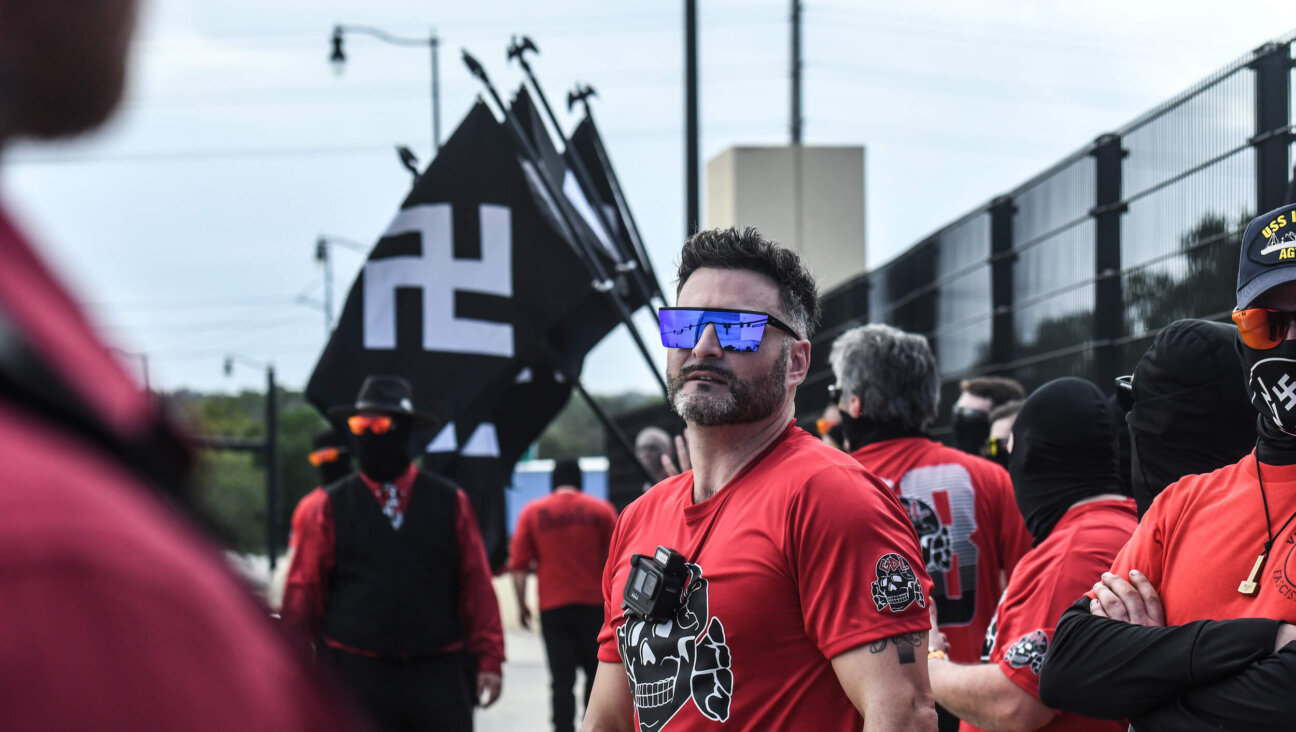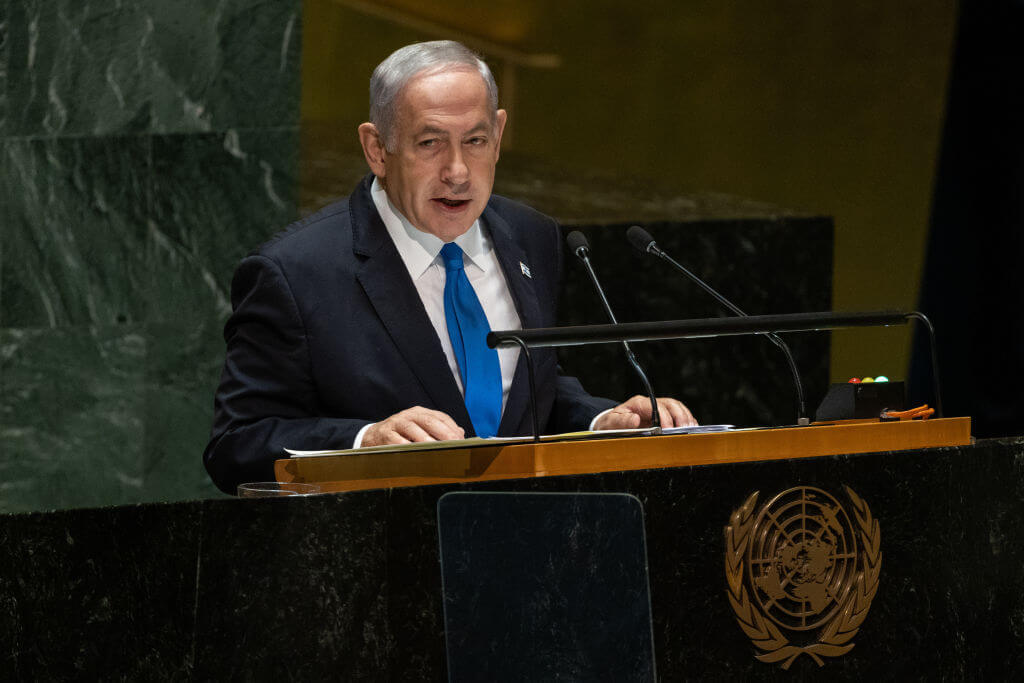An Energy-conserving Light Unto the Nations
How many Jews does it take to change an energy-conserving light bulb?
Few reputable scientists debate the devastating impact of global warming. And few question that this is a human-caused disaster that only humans can resolve. Using carbon-based fuels with abandon will only add to the greenhouse effect that is making the earth warmer and warmer.
If the temperatures continue to rise, the shores of our planet, the nature of the Arctic and the cycles of agriculture and planting will be so severely changed that our entire social, economic and cultural structure will be altered. Those who are poor and barely make a living will suffer the most, but that is always the way it is.
Wasting our resources is not something we can justify morally or economically in a world in need of fairer distribution of sources of power, in a world of limited oil supplies — particularly when much of those supplies are controlled by the likes of Iran and Venezuela.
The United States, with less than 5% of the world’s population, uses 25% of the world’s fossil fuels. It is unlikely that the rest of the planet will or should put up with that kind of excess consumption of coal, oil and gas in a time when the amount of energy is limited and demanded by everyone.
That’s where the energy-conserving light bulb comes in. As we commemorate the miracle of Hanukkah, when one day’s supply of oil lasted eight, the Coalition on the Environment and Jewish Life and the Jewish Council for Public Affairs are embarking on a national climate-change campaign to have individuals and institutions of the American Jewish community install compact fluorescent light bulbs.
These energy-conserving light bulbs, known as CFLs, use 75% less energy than regular light bulbs, and appropriately for Hanukkah, last approximately eight times longer. These are reasons enough to wage this effort.
However, if we use this campaign to teach ourselves about the dangers confronting the Earth, we can act legislatively and personally to stop this devastation. This endeavor will then have the legs necessary to impact the course of our country’s and the world’s efforts in preventing the disaster that seems to be looming on the horizon of the next 50 years.
The Torah and our other sacred teachings are explicit about protecting the Earth, about not wasting resources, about defending Israel and about helping the poor. To be sure, these are all dauntingly monumental tasks — but we can start tackling them one light bulb at a time.
Most of us may escape the horrors of a world altered by global warming and unbridled use of energy, but our children will not be so lucky.
In the Talmud there is a famous story about a man named Choni who saw a man on the road planting a carob tree. Choni challenged the planter, asking him how long it would take for the carob tree to bear fruit. The man answered, “Seventy years.”
Choni asked the man if he thought he would live 70 years to eat the fruit. The man replied: “I myself found fully grown carob trees in the world; as my forbearers planted for me, so I am planting for my children.”
Most of us have inherited a world in which we can live and prosper and experience joy and holiness. We owe that same chance to those who come after us.
Rabbi Steve Gutow is executive director of the Jewish Council for Public Affairs.
A message from our CEO & publisher Rachel Fishman Feddersen

I hope you appreciated this article. Before you go, I’d like to ask you to please support the Forward’s award-winning, nonprofit journalism during this critical time.
We’ve set a goal to raise $260,000 by December 31. That’s an ambitious goal, but one that will give us the resources we need to invest in the high quality news, opinion, analysis and cultural coverage that isn’t available anywhere else.
If you feel inspired to make an impact, now is the time to give something back. Join us as a member at your most generous level.
— Rachel Fishman Feddersen, Publisher and CEO























